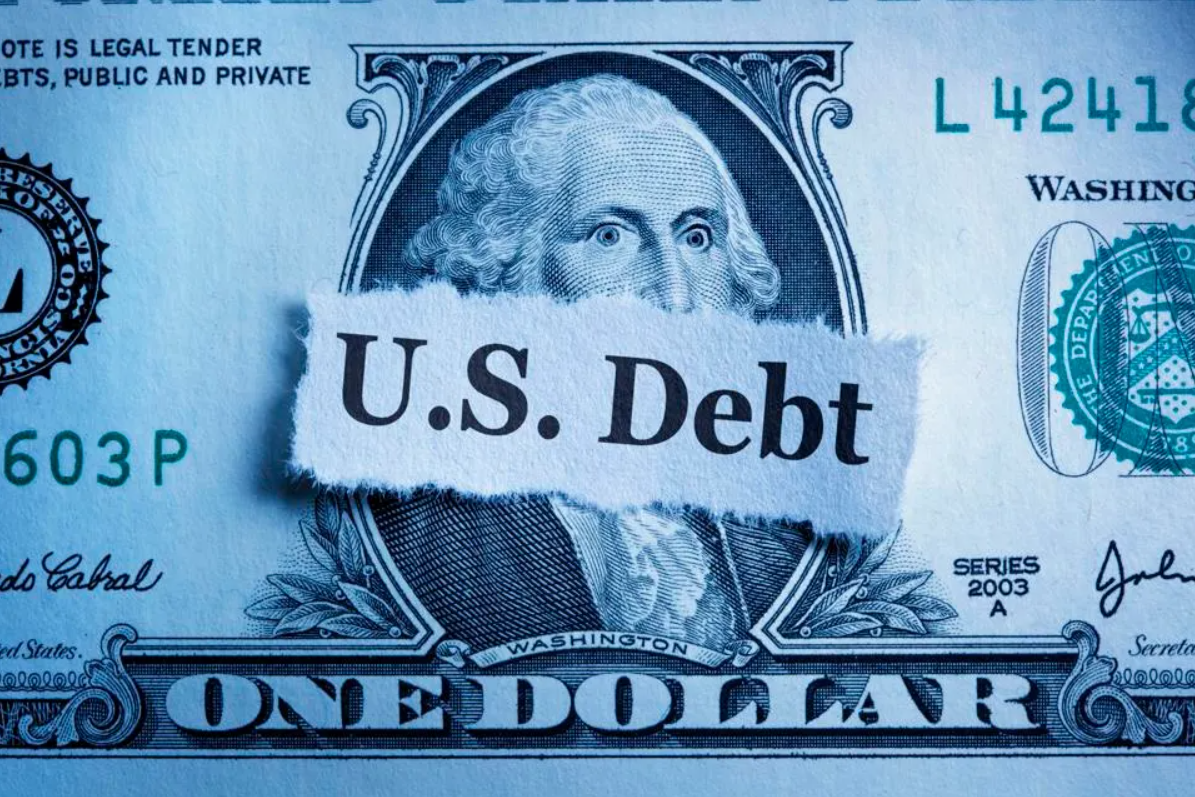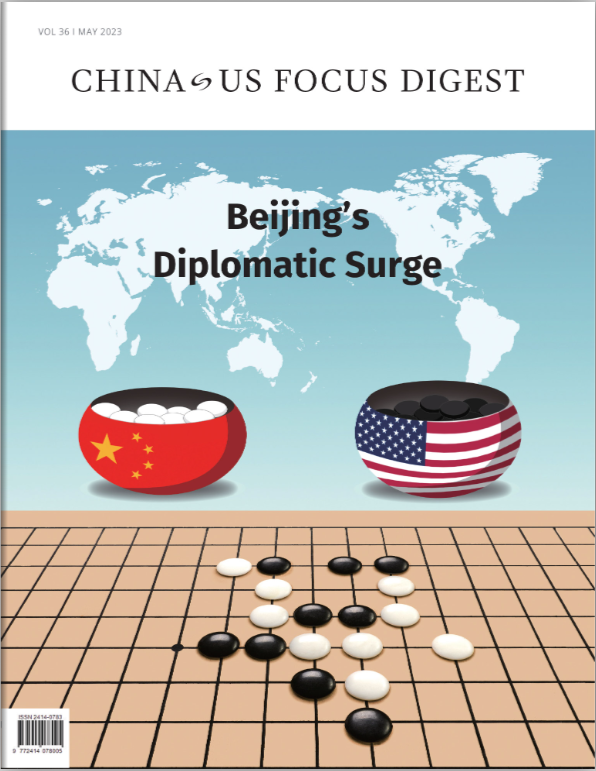
(Gettyimages)
The White House and House Republicans clinched a deal to raise the debt ceiling of the United States in a last-minute scramble to avert a default crisis. What is worth noting is that China found itself caught in the crossfire, as politicians — both Republicans and Democrats — raced to play up the so-called China threat, exchanged barbs and extorted concessions.
Their obsession with China is revealing in that “out-competing China” has become a bipartisan consensus in Washington, despite divergent approaches. It also obscures the fact that the hyper-partisanship and political dysfunction would prolong the intractable debt problem and bring uncertainty to the world economy.
China as a wedge issue
During the debt-ceiling tug-of-war on Capitol Hill, China became a prominent partisan wedge issue.
Biden administration officials repeatedly invoked the name of China to urge Republicans to raise the debt ceiling. White House Press Secretary Karine Jean-Pierre cautioned that a U.S. default would be “a gift to China,” while Defense Secretary Lloyd Austin, Chairman of the Joint Chiefs of Staff Mark Milley and Director of National Intelligence Avril Haines made similar remarks during congressional hearings — essentially that a debt default would pose a “substantial risk” to the national security and global reputation of the U.S. and would present an opportunity for China to exploit the situation.
Congressional Republicans also competed to burnish their anti-China credentials, as they urged the Biden administration to rein in public spending aimed at “strategic competition” with China. House Speaker Kevin McCarthy expressed concern about U.S. indebtedness to China as “a disadvantage to economic competition,” and declared: “I have full confidence that if we limit our federal spending, if we save taxpayers money, if we grow the economy, we will end our dependence on China.”
The quarrel seems to have reframed the debt-ceiling debate from “How to avert a debt crisis” to “How to get tough on China.” Democrats prioritized investment at home, while Republicans called for spending cuts. The squabble also reflects the increasing bipartisan misgivings about ceding influence to China, even as many countries move away from the U.S. dollar and shift to the Chinese yuan as a settlement and reserve currency in an effort to de-risk their portfolios. In fact, politicians in both U.S. political parties have introduced a slew of bills aimed at thwarting the yuan’s global influence, including the Chinese Currency Accountability Act and the China Exchange Rate Transparency Act, which recently passed in the House.
Click to read the latest issue of China-US Focus Digest
Crisis of its own making
Despite all the hype, the China talk could not divert attention from the fact that the U.S. debt problem is of its own making. With its key global reserve currency and a mature financial market, the U.S. has the privilege of borrowing from around the world at low cost. Over the years, such ease in accumulating debt has led to irresponsible monetary and fiscal policies, as well as ambitious military activities overseas, with the U.S. national debt ballooning by nearly 400 percent over the past two decades, making the U.S. one of the most debt-burdened countries in the world.
The debt problem worsened further during the COVID-19 pandemic, since the U.S. federal government flooded the market by lavishly printing money, while the interest rate hikes by the Federal Reserve dramatically increased interest payments. The U.S. national debt reached $31.41 trillion in January, raising alarm over a possible default, the first in U.S. history. Without substantial reform, debt would reach unsustainable levels.
Partisan politics also played a role in prolonging the debt problem. On one hand, election politics pushed Democrats and Republicans relentlessly to seek Federal money for favored projects — which is vividly seen in their pork-barrel proposals. On the other hand, partisanship has held the debt problem hostage as a tool for striking political bargains. This is reflected in the more frequent government shutdowns we’ve seen in recent years. In the end, they always compromise and raise the debt ceiling — and this just keeps the debt problem going. In fact, the U.S. has raised debt ceilings 22 times since 1997, which only encourages fiscal imprudence and endless political strife.
The agreement in principle reached between President Biden and Speaker McCarthy will lift the debt limit for two years and cap non-military spending. The deal was signed into law just days before Treasury Secretary Janet Yellen had warned that the U.S. would not be able to pay its bills. Yet, despite some compromise, the deal did little to address the root problem. It only postpones a new debt crisis for awhile. It will surely arise during the next administration. The American debt bomb is still ticking, not only risking the U.S. economy again not far down the road, with catastrophic implications for the world.
Because of the huge stakes, the U.S. debt problem creates a moral hazard: It has become “too big to fail.” China, as a biggest foreign creditor of the United States, is an important stakeholder and key to the stability of U.S. debt. Contrary to the political hype, the U.S. needs cooperation with China and other international partners more than ever. It also needs to demonstrate to the world that it can make concrete reforms as a responsible debtor nation.

